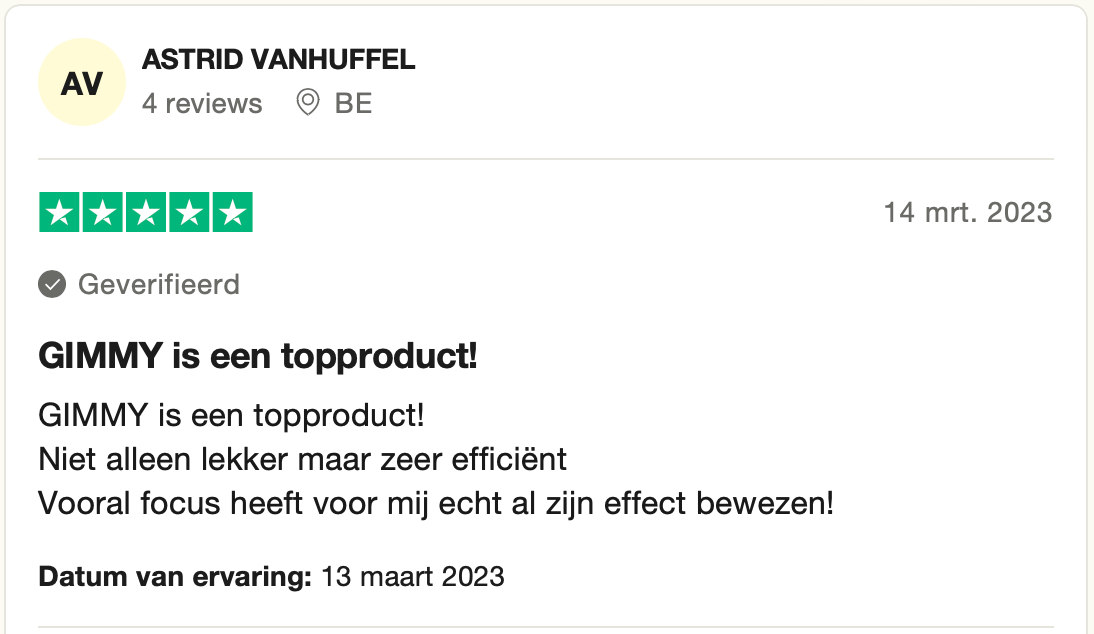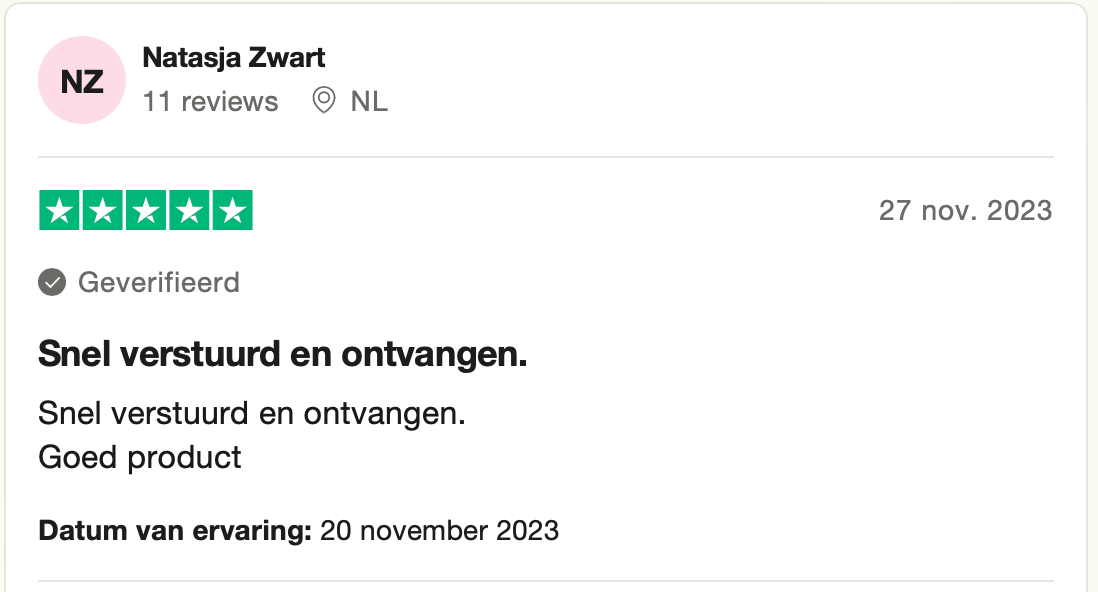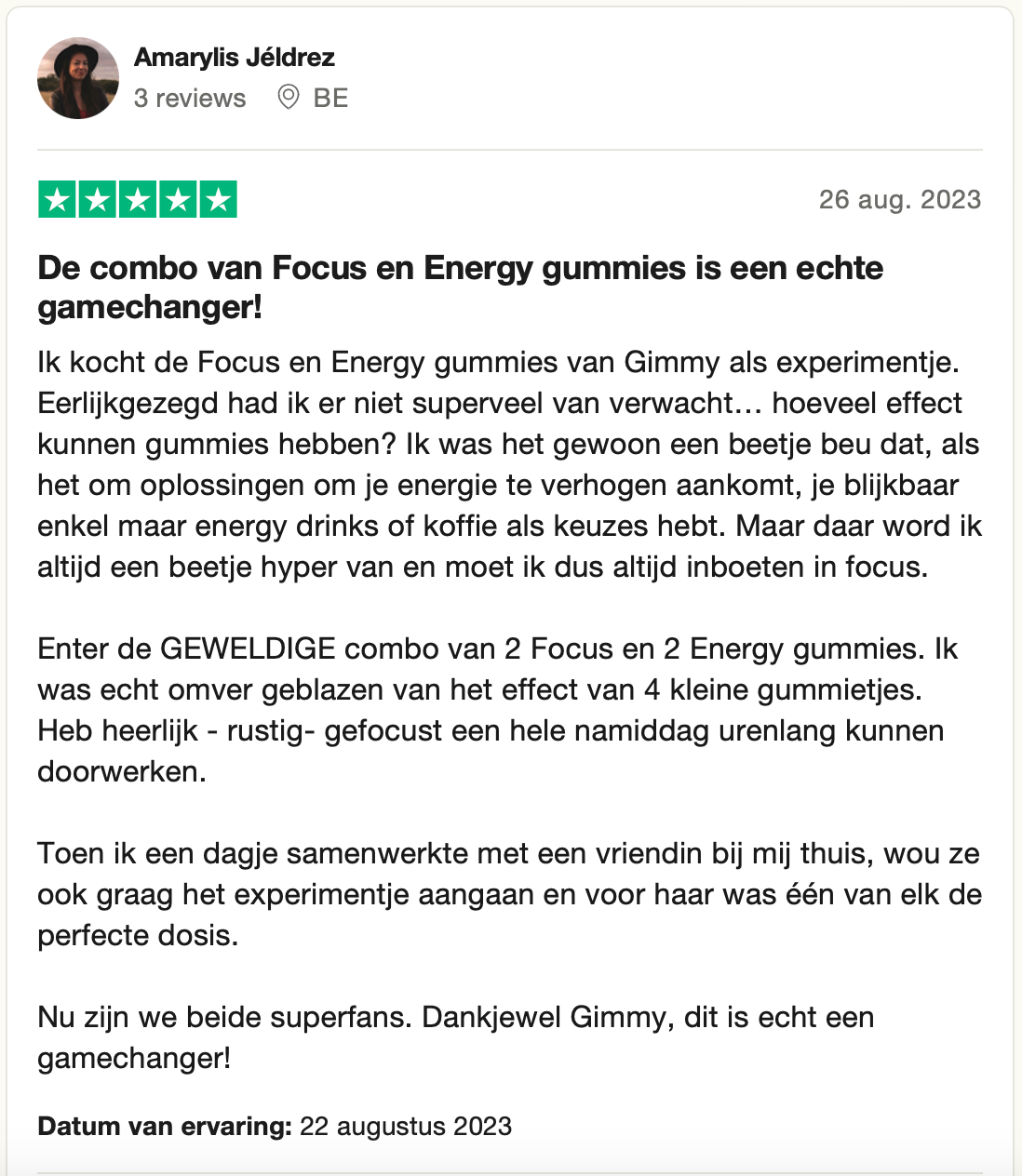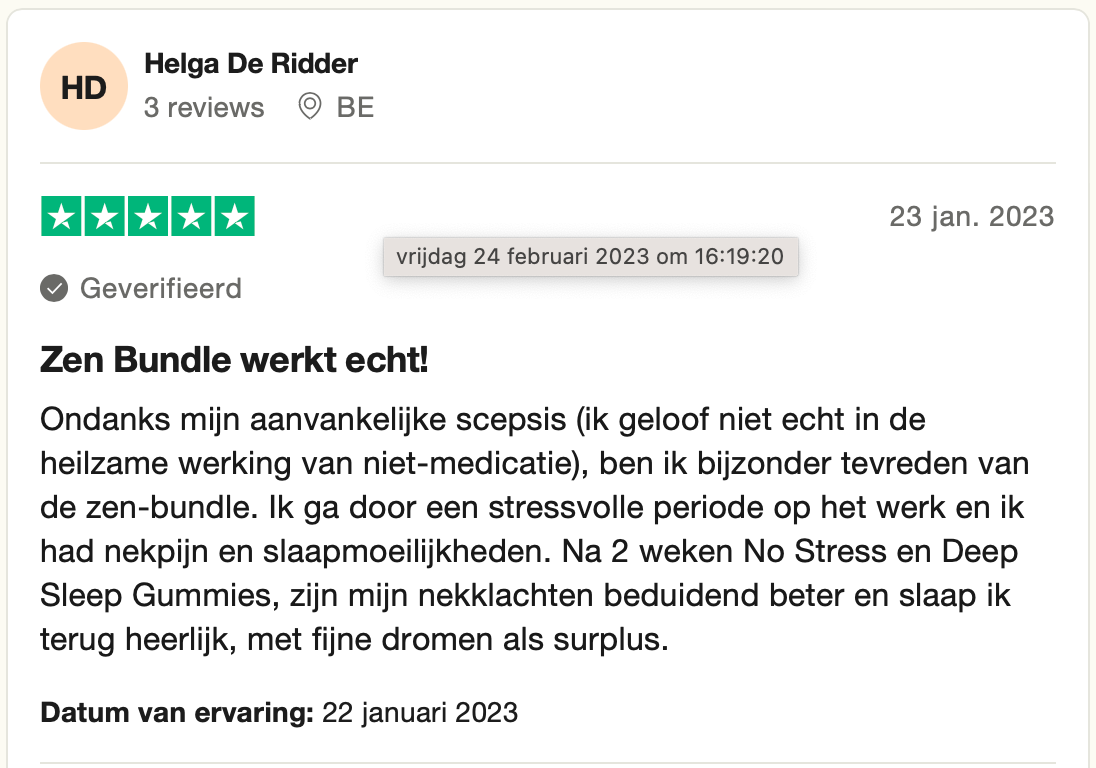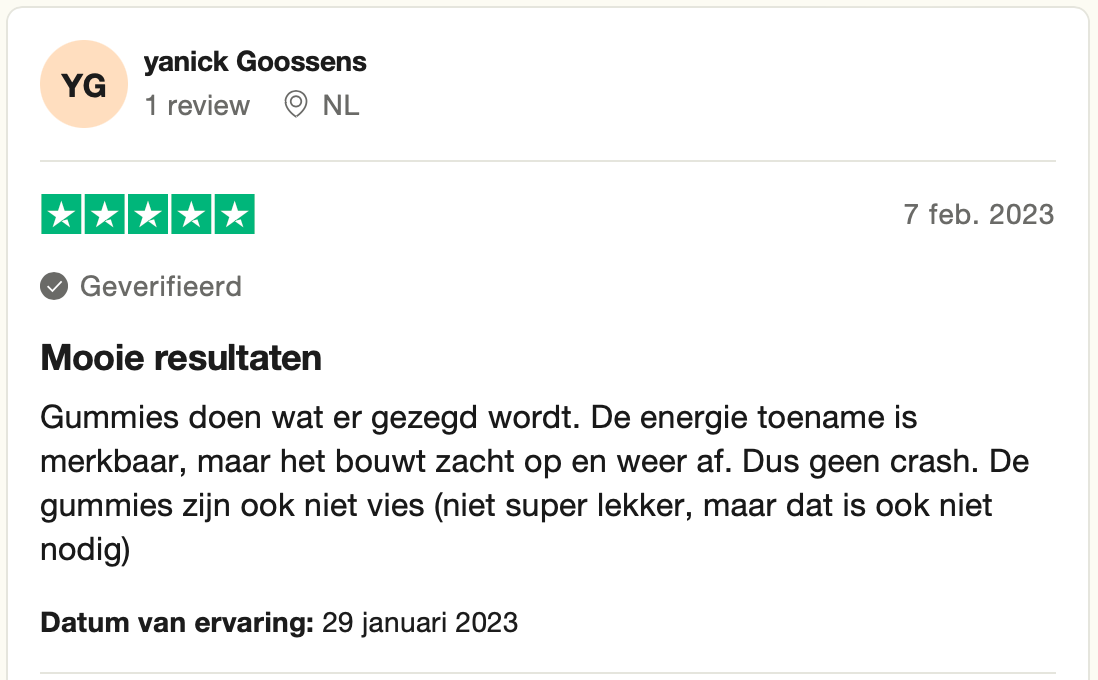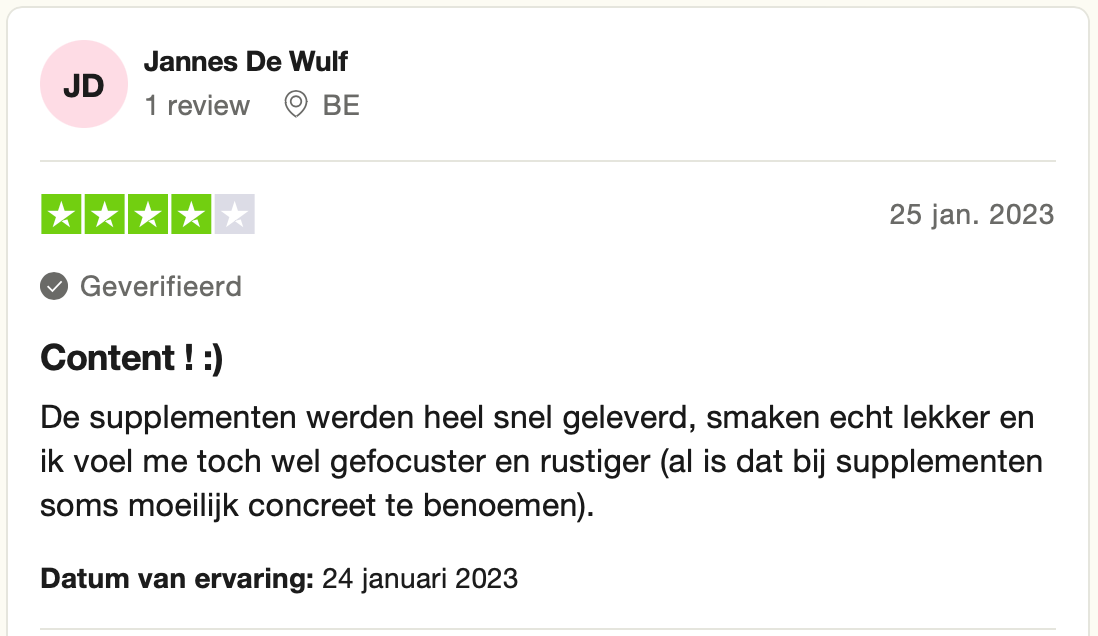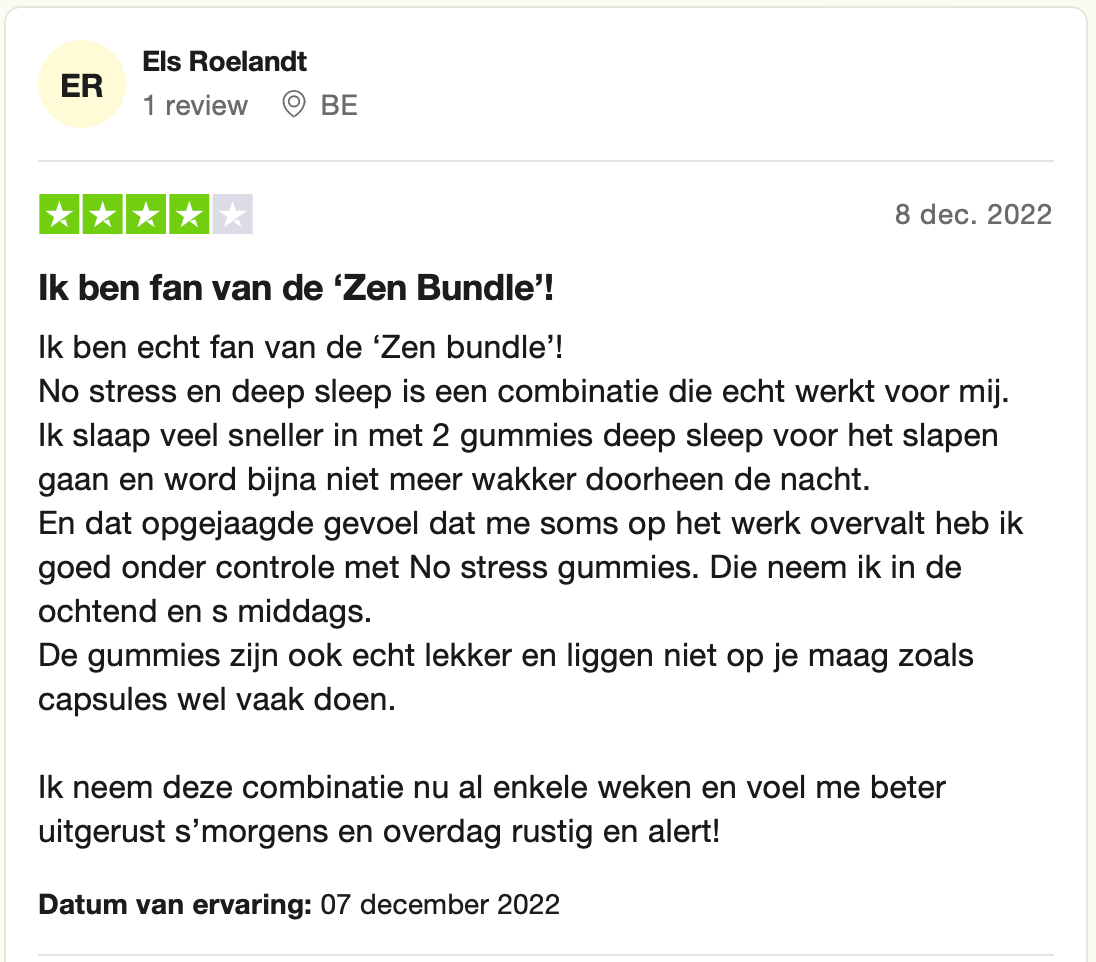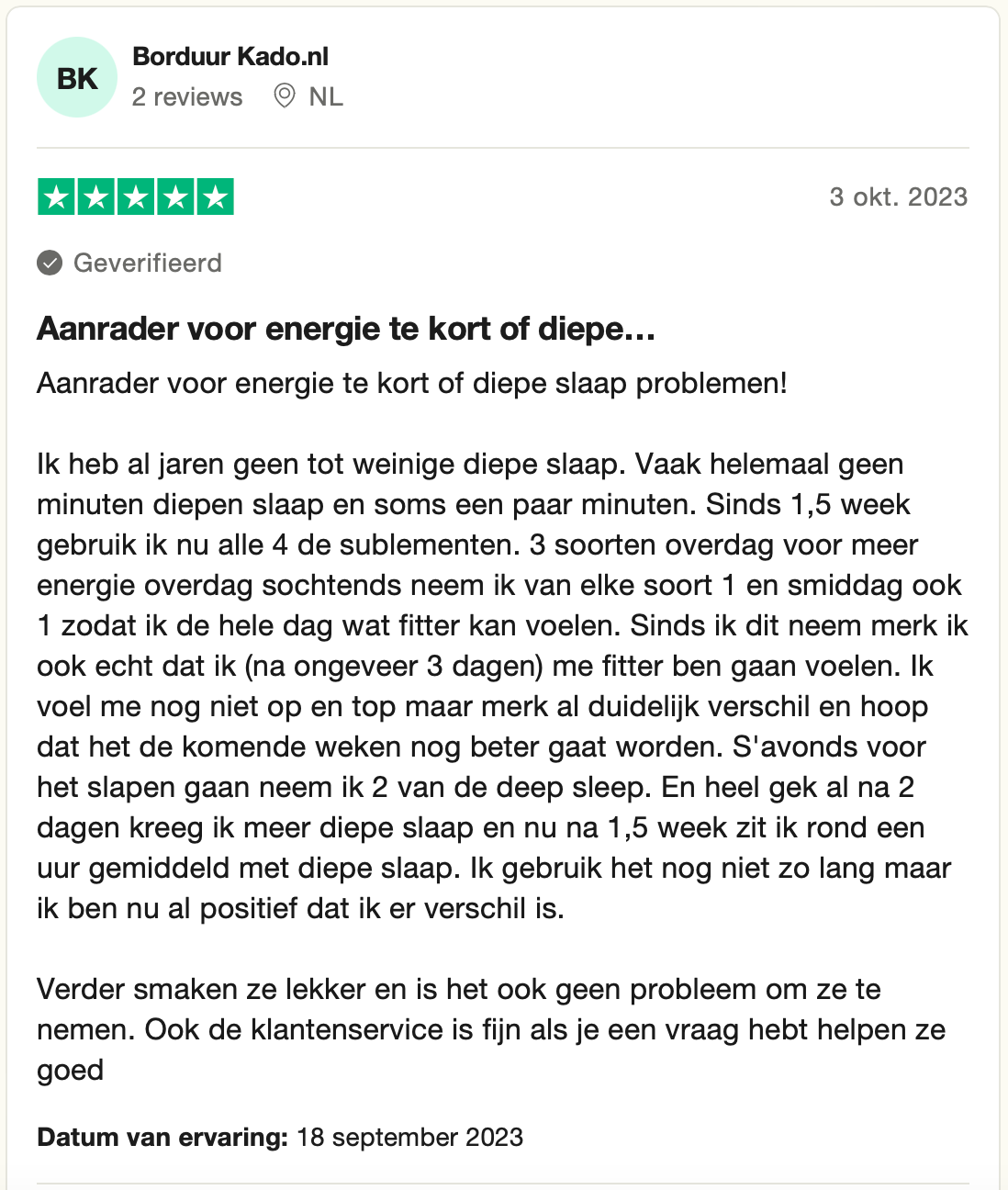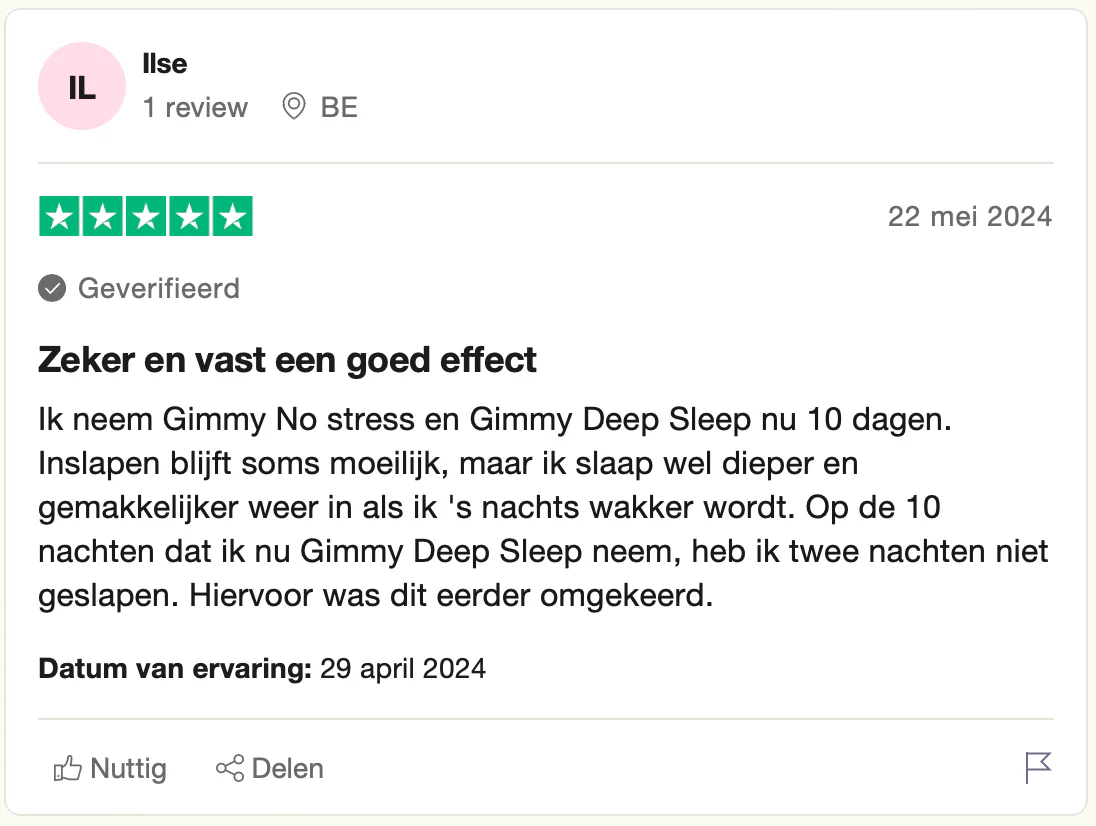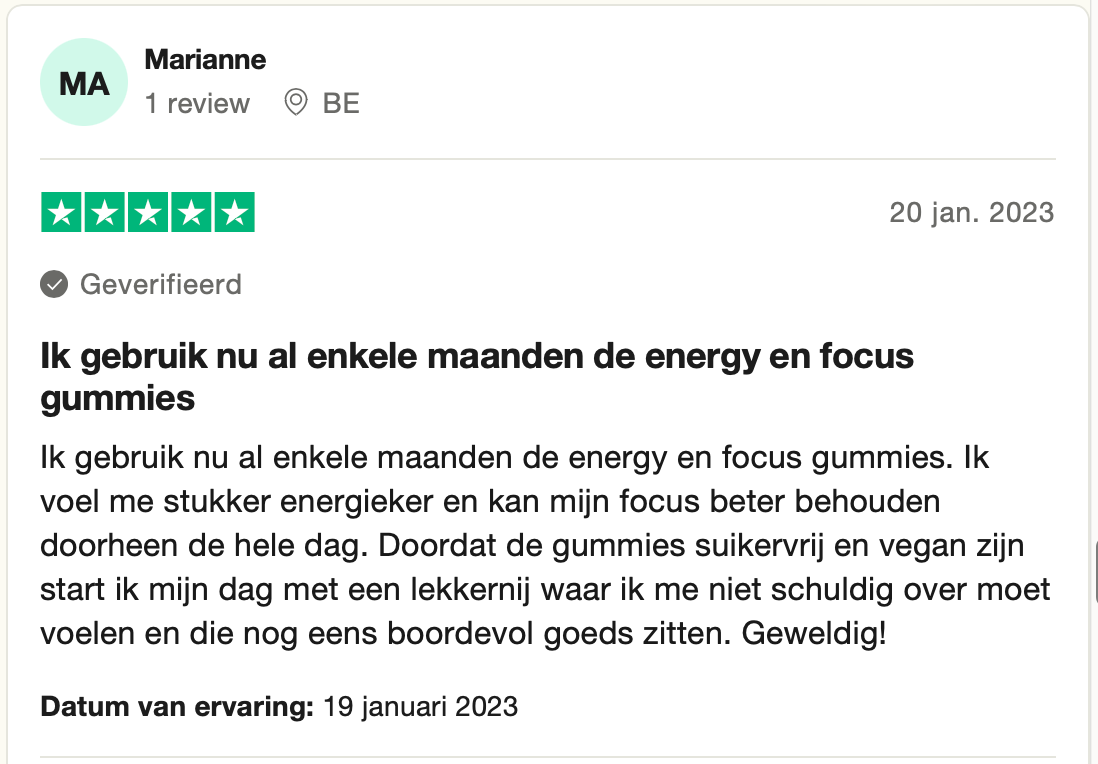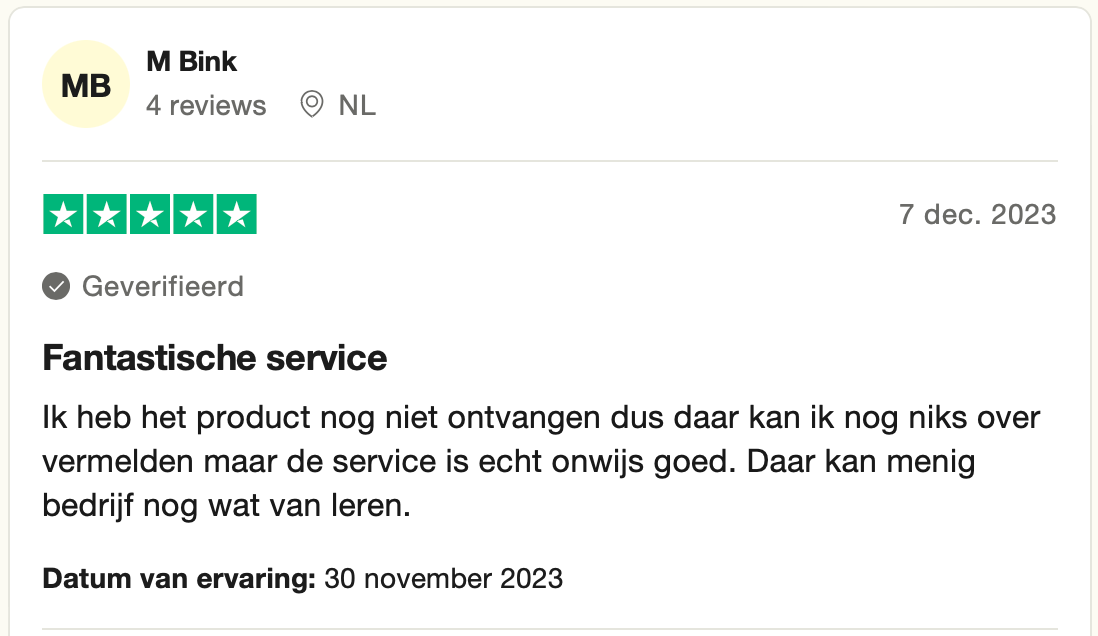Stress Management: Finding a Work-Life Balance
by Barbara Lucia Cipriani on Jun 08, 2023
Stress Management: Achieving Work-Life Balance
In this blog you will discover the basics of stress management. We share practical methods to restore work-life balance and find inner peace. We try to help you with some simple and useful tips.
To achieve work-life balance and overcome these challenges, it is crucial to arm ourselves with easy-to-implement routines that allow us to effectively reduce our stress levels.
Understanding Stress
Stress is an inherent part of life and comes from a variety of sources that can disrupt our sense of well-being. Whether it comes from the demands of your job or the complexities of our personal relationships, unmanaged stress can take a toll on our mental and physical health.
Stress most often occurs from
- work-related pressure, such as tight deadlines, excessive workload or conflicts with colleagues.
- personal problems, such as financial problems, relationship problems or health problems.
As Hans Selye , a renowned stress researcher, once said, “It’s not stress that kills us; it’s our response to it.” This quote emphasizes the importance of our perception of and response to stress. By recognizing the signs of stress and understanding its triggers, we can proactively address its effects on our mental and physical health. So, how can we recognize these signs?

Recognizing signs of stress
In order to effectively manage the effects of stress, it is crucial to understand the symptoms of stress. Stress can manifest itself in a variety of ways, both physically and emotionally. Physical indicators include:
- headache,
- muscle tension,
- fatigue and
- changes in appetite or
- sleep patterns.
Emotionally, stress can lead to
- irritability,
- fear,
- mood swings or
- a feeling of being overwhelmed.
By developing self-awareness and recognizing the early warning signs, you can take proactive steps to manage stress before it escalates.
Keeping a stress diary, engaging in regular self-reflection, and seeking support from trusted individuals can help you identify patterns and triggers. Remember, recognizing and understanding stress signals is the first step toward effectively managing and reducing its impact on your overall well-being.
Work-related stress management techniques
Managing stress at work is essential for overall well-being and productivity. Effective time management is a key strategy for reducing work-related stress. Prioritizing tasks, breaking them down into manageable chunks, and setting realistic deadlines can help alleviate feelings of being overwhelmed.
Effective communication is also vital in managing stress. Setting clear boundaries, delegating tasks when necessary, and seeking support from colleagues or supervisors can create a more supportive work environment. In addition, taking short breaks, relaxation techniques, and exercising during the workday can help reduce stress levels.
By applying these techniques, you can create a healthier and more balanced work environment that promotes well-being and productivity. Finding a balance in your work-life balance is crucial to long-term success and personal fulfillment. Speaking of personal well-being...

Personal Stress Management Techniques
In addition to dealing with work-related stress, it is equally important to find methods to reduce stress in your personal life. Mindfulness and relaxation techniques can be powerful tools to manage stress outside of work. Activities such as meditation, deep breathing exercises, or yoga can promote relaxation and help relieve anxiety.
Taking time for yourself is essential. Read our article "Managing Work-Life Balance" . This may involve taking up hobbies, spending time with loved ones, or doing activities that bring you joy and fulfillment. Setting boundaries and learning to say "no" when necessary can also help prevent overload and maintain a sense of balance.
Practicing self-care and incorporating stress-relieving activities into your personal life can improve your overall well-being and resilience to life’s challenges. Remember that taking care of yourself outside of work is just as important as fulfilling your professional responsibilities.
GIMMY No Stress VITAMINS
If you’re looking for another way to manage your stress levels, you may want to consider supplements. GIMMY has developed GIMMY No Stress , a vitamin gummy designed to help you do just that. These vitamins are specifically designed to support your stress management efforts and provide a natural way to improve your well-being. By incorporating GIMMY No Stress vitamins into your routine, you can supplement your stress management and help you maintain a balanced and healthy lifestyle.

Our satisfied customers


